
Home education is on the rise across the UK – and Sussex has a thriving community of home educating families. Hanna Prince, whose daughter learns from home, explores the appeal.
Elective home education is one of the fastest-growing forms of ‘schooling’ in the UK. In East Sussex, the number of children being home educated rose by 50% in the five years up to 2022. Brighton and Hove saw a similar increase – 271 children in the area were educated at home in 2013, rising to 478 by 2022.
So why are more parents choosing to opt out of the mainstream schooling system?

Why home educate?
Part of the upsurge in home education has been driven by Covid. While some parents struggled with the demands placed on them during multiple lockdowns, others had a more positive experience. “During the first lock-down we saw how much happier and relaxed our children were,” said Eve Wilson\*, who now home educates her two daughters. “We were free to spend as much time as needed on things they found tricky – exploring different ways of learning until we found what worked for them – and they became much more motivated and excited to learn, which of course made it enjoyable for all of us.”

Another reason commonly cited by parents is unhappiness at school. Gemma Stone\* pulled her youngest child out of reception after she 'fell apart' during the first term. “As a shy child, she enormously disliked the crowded, noisy and sometimes unpredictable environment,” Gemma explained. “She would hold it all together all day only to collapse into a tearful, angry mess after school every evening. We were dealing with daily meltdowns, extreme clinginess, nightmares, refusal to eat meals and constant illness. So after just one term of her reception year, we decided not to send her back to school.”

Other parents home educate because they have children whose needs can’t be met at school, or feel that their child would benefit from a later starting age. The systematic testing of young children and the stress this places them under is a common driver as well. And, more positively, the opportunity to explore a wider range of interests and generally to experience the world beyond the school gates.
What does home learning look like?
There’s no obligation for home educators to follow the National Curriculum, which means that families are free to follow their own beliefs and preferences. Autonomous learning or ‘unschooling’ is a popular approach – the idea is that children take ownership of their learning, choosing their own topics and pace. It’s a system that works for Jessica Rudd\*, who home educates her two children. “As young people they are able to have autonomy, learn how to follow their instincts,” she said. “They are able to open their minds and their hearts. Human beings instinctively want to learn and my priority is for my children to learn in a way that works for them.”
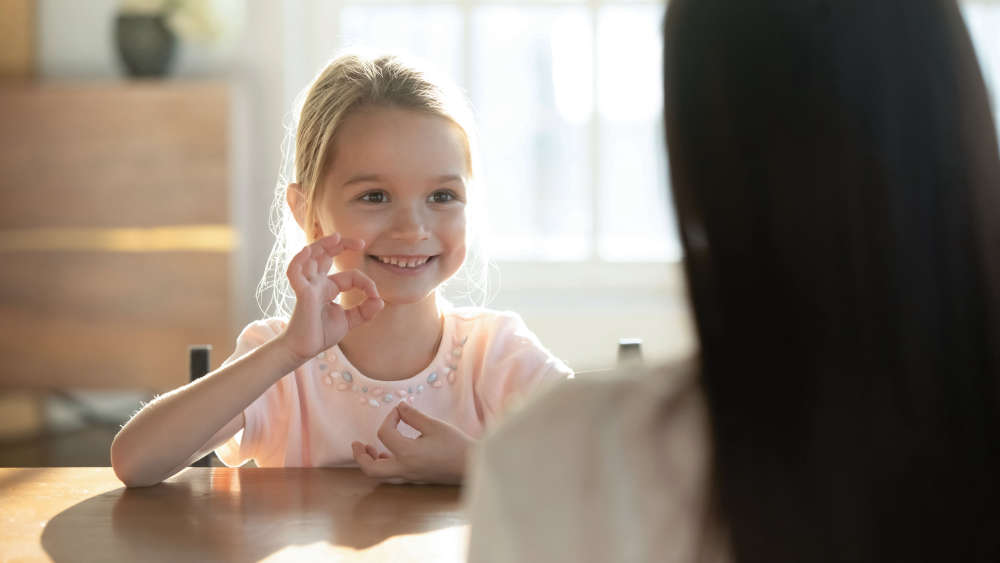
Not all home educating families unschool. Gemma follows the National Curriculum for Maths and English, using subscription websites to download worksheets and teaching material. The morning begins with an hour or so of subject-based lessons – then their timetable is flexible for the rest of the day. There are plenty of other curriculums available to purchase depending on your interests and focus, from ingenious apps to nature-based study programmes. And, of course, there’s also the option of tutoring, which is being made increasingly affordable by the huge number of group-based online classes out there.
Activities and clubs
A common myth surrounding home education is that kids are isolated and deprived of opportunities to socialise. That never need be the case in Sussex, where a thriving network of clubs, classes, forest schools, co-ops and meetups has sprung up to meet the growing demand.
They include art clubs, choirs, swimming, live action role play (LARP), circus skills, farming, climbing, gymnastics, drama, dance, animation, foraging and more. Forest schools are widespread and popular, and there are plenty of drop-off options out there for parents who need to squeeze some work in.
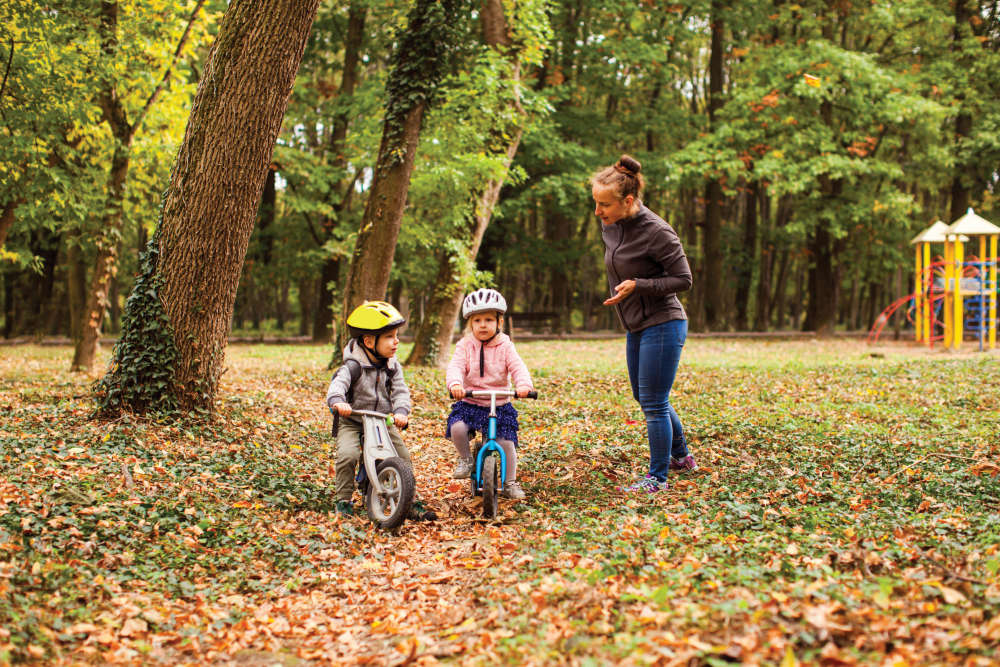
“My 7-year-old sees her friends every day of the week,” said James Price, who lives near Uckfield in East Sussex. “She attends a drop-off education space on Mondays and Tuesdays, and the other days are packed with forest school, dance classes and trips with mates. After a couple of years home educating, she has a strong and close-knit friendship group. The problem isn’t so much socialising as fitting in learning around play.”

Home Education Q&A
1. What is ‘elective home education’? The government defines it as 'a choice by parents to provide education for their children at home or in some other way they desire, instead of sending them to school full-time.'
2. Do I have to teach the National Curriculum? No. Under section seven of the Education Act of 1996, parents simply have a duty to ensure their children receive a suitable education.
3. Do I need to tell anyone when I start home educating? To ‘deregister’ a child from mainstream school you must send a written request to the headteacher of the school. It’s important to read the ‘elective home education guidance’ issued by the Department of Education (available as a pdf at www.gov.uk).
4. How do I find out about activities and social groups? Often the best way to find out about activities is to join your local home education group on social media. There are several Sussex-wide groups, as well as smaller community pages, and many areas have their own WhatsApp groups too.
*Names have been changed to protect the identities of parents and children.

 SPECIAL OFFER: General Admission Tickets To The Al Shira’aa Hickstead Derby Meeting
SPECIAL OFFER: General Admission Tickets To The Al Shira’aa Hickstead Derby Meeting
 Join Dementia Action Week
Join Dementia Action Week
 What to Watch in May 2024
What to Watch in May 2024
 Tracing the Rails
Tracing the Rails
 NEW COMPETITION: Win Four VIP Tickets For More Radio Live 2024
NEW COMPETITION: Win Four VIP Tickets For More Radio Live 2024
 Be Well, Move Happy: Eating Awareness and Deskercise
Be Well, Move Happy: Eating Awareness and Deskercise
 Riding to Success
Riding to Success
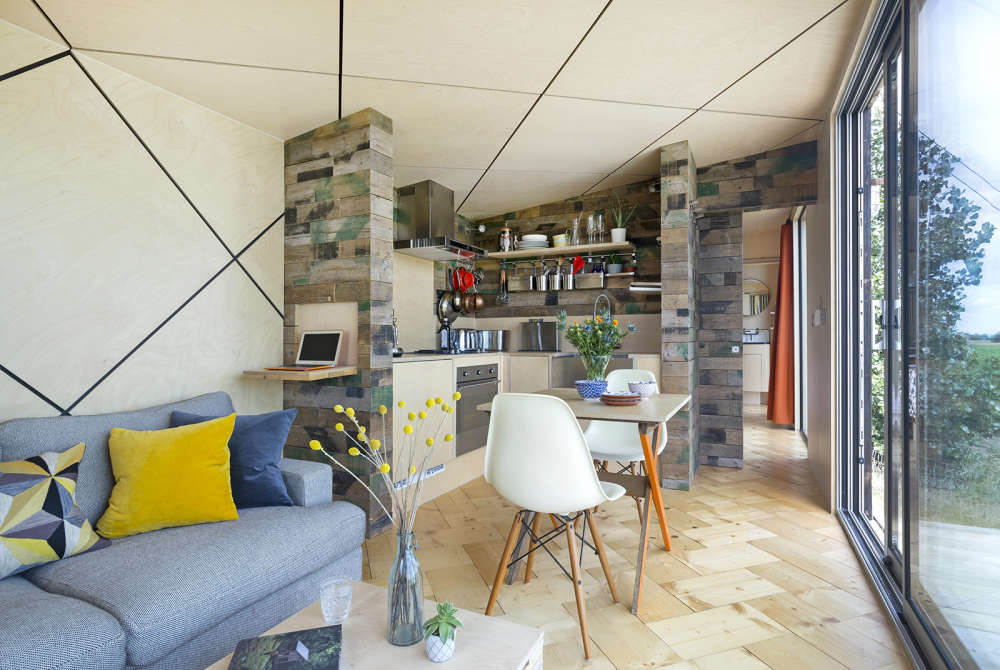 Home Style: Home on Wheels
Home Style: Home on Wheels
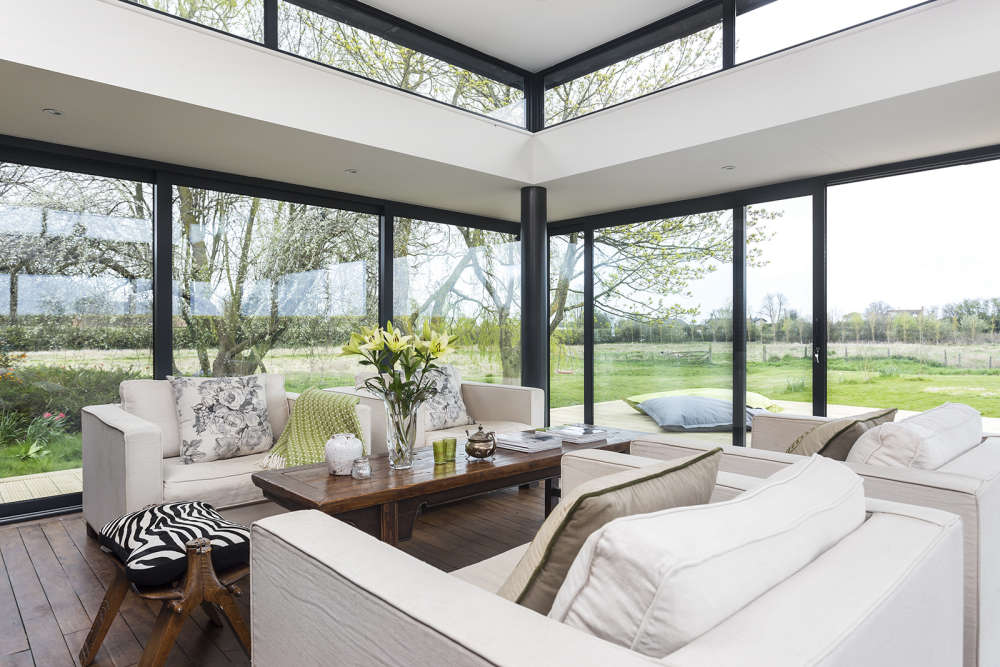 Home Style: Seeing the Light
Home Style: Seeing the Light
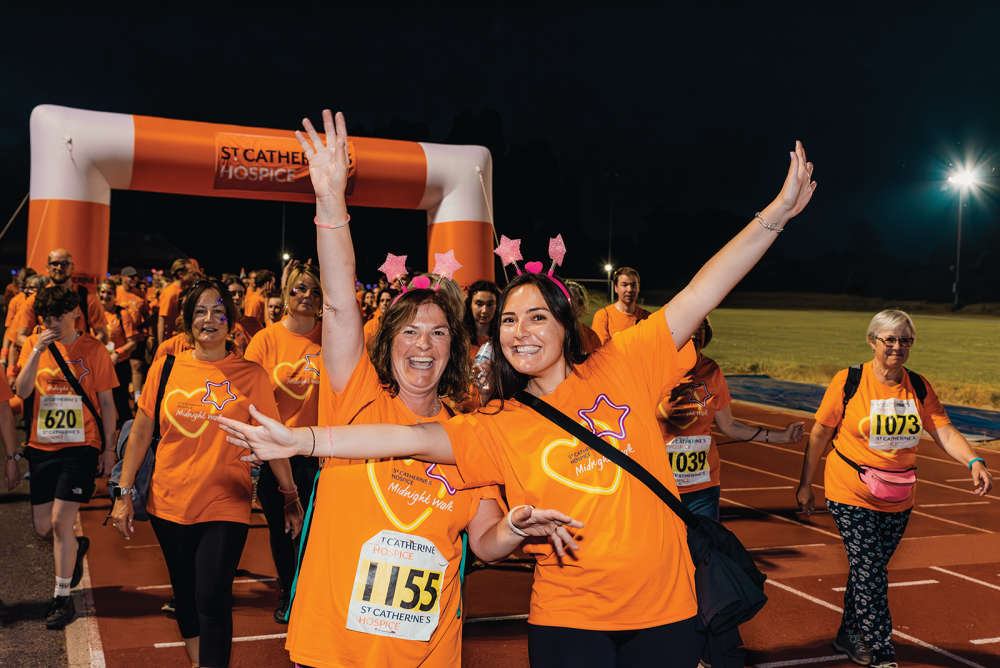 Step out for St Catherine’s Hospice
Step out for St Catherine’s Hospice
 If You Ask Me... This is Beyoncé Country
If You Ask Me... This is Beyoncé Country
 Artelium Wine – Crafted in Sussex
Artelium Wine – Crafted in Sussex
 Homes Extra: Expanding Space
Homes Extra: Expanding Space
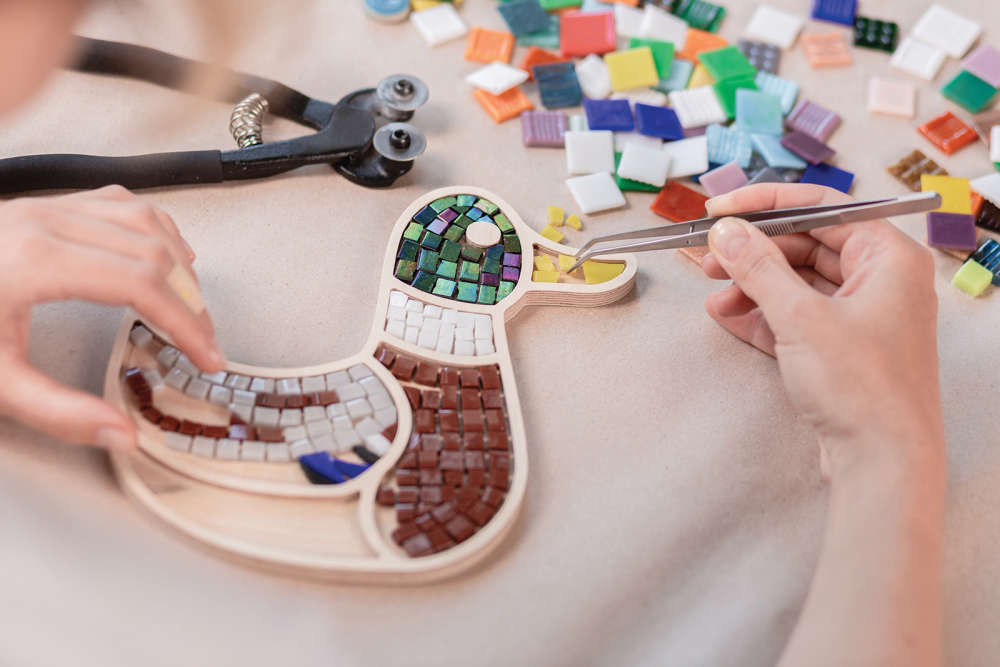 Kids Zone: Mosaic Art
Kids Zone: Mosaic Art
 Be Well, Move Happy: Gardening & Connecting with Nature
Be Well, Move Happy: Gardening & Connecting with Nature
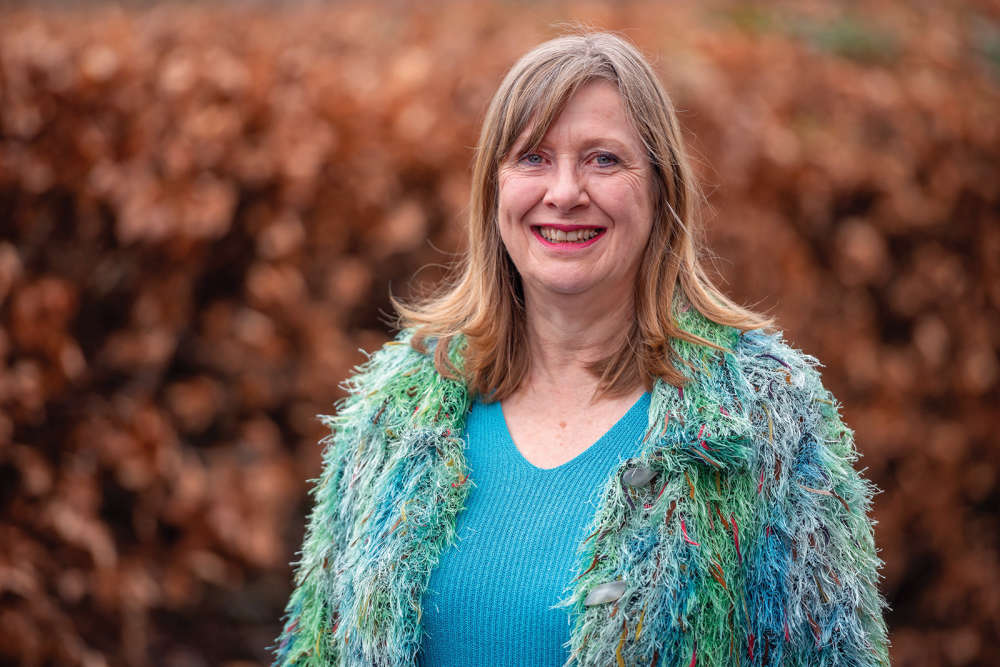 Homes for Ukraine: Opening Your Home and Your Heart
Homes for Ukraine: Opening Your Home and Your Heart
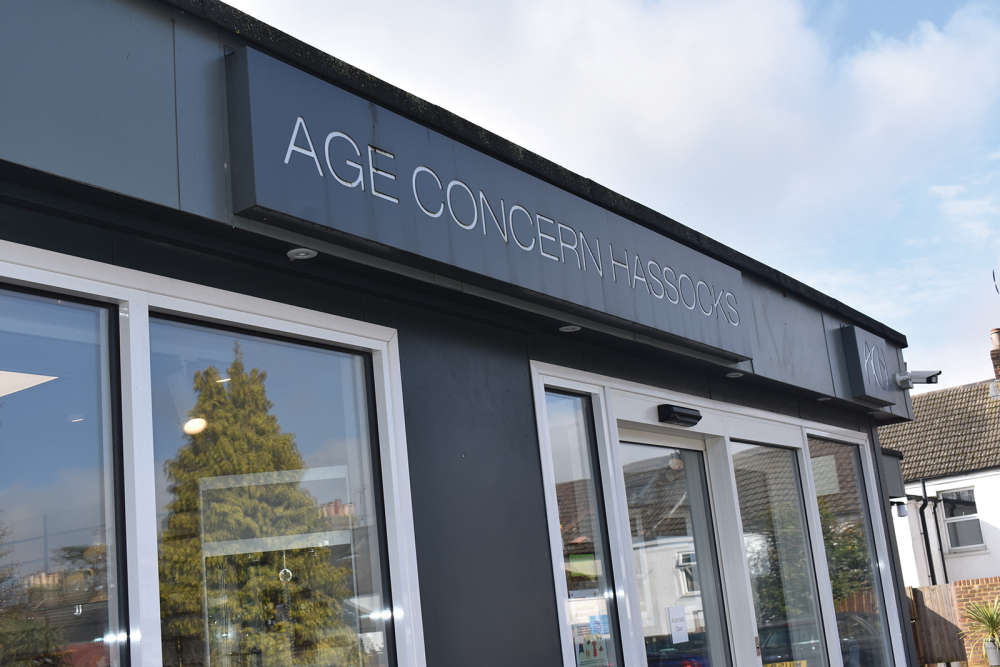 Charity: Age Concern Hassocks
Charity: Age Concern Hassocks
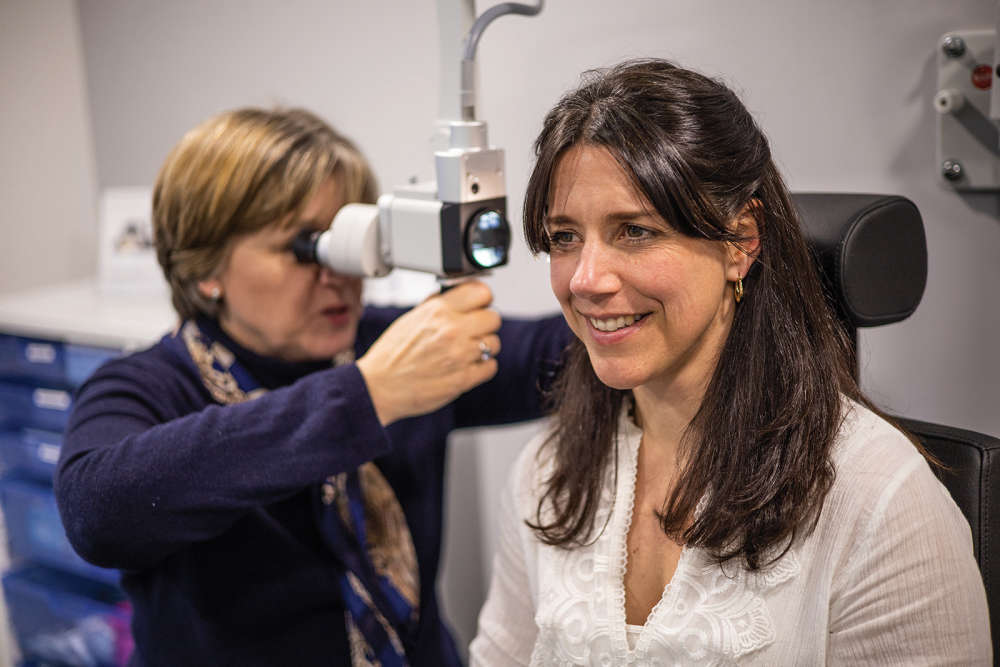 Another New Clinic For Sussex Audiology
Another New Clinic For Sussex Audiology
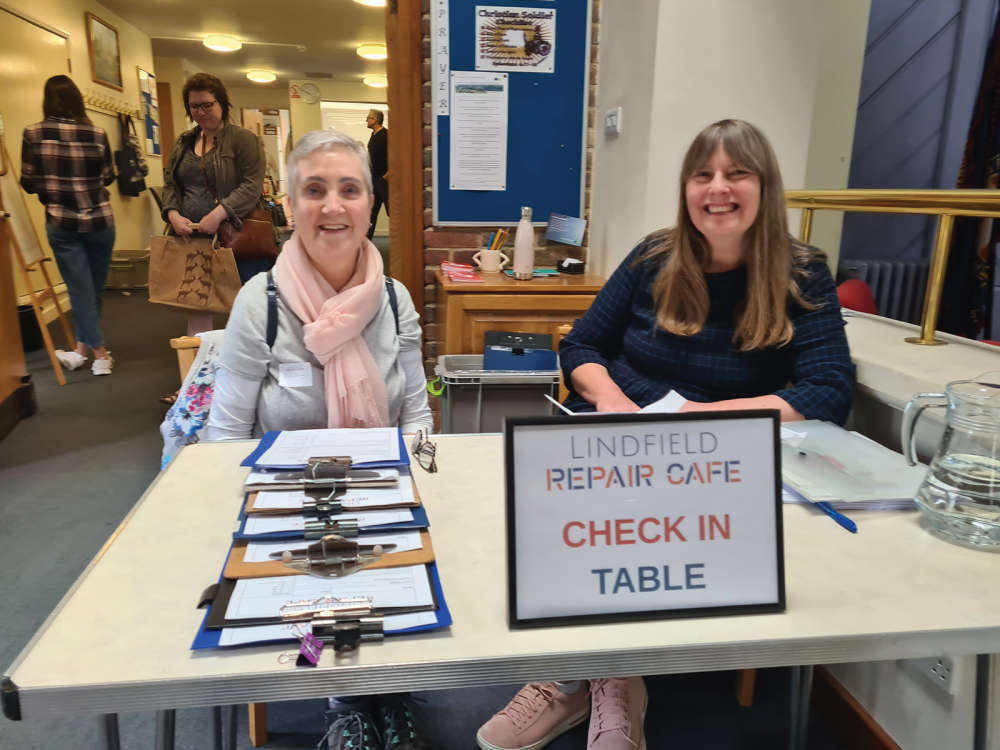 The Joy of the Repair Café
The Joy of the Repair Café
 Wills & Wakes
Wills & Wakes